There are certain things you can do to prevent dental decay for your equestrian friend so here is our guide on horses teeth problems symptoms. The teeth are just as important for a horse as they are for us and if left unattended there may be infections, ulcerations or inflammations.
A horse should have their teeth checked at least once a year to see any wear or other problems before they become too severe. Pain that results from overgrown teeth or sharp points will probably make the horse misbehave under the saddle or even stop eating and that isn’t something you want.
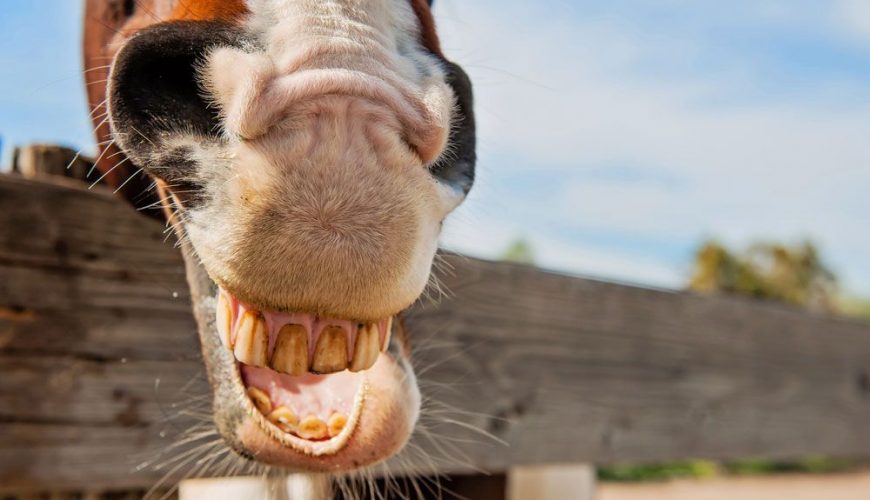
Some of the signs that alert you about dental problems might be subtle and that is why professional checks are needed but there are also some which are clear enough and should tell you that the horse might already be in pain. Geriatric horses have additional problems to worry about so checks for them should be even more frequent.
What to Look For
The first signs can simply be the fact that the horse isn’t eating all the hay anymore, he may dribble the grain and thus leave some pellets behind or you might notice unchewed food in the manure. If these seem like small problems at first, in time they lead to weight loss, bad breath and even swelling on the face.
If the face is already swollen or you see blood coming out of their cheeks or abrasions on the tongue these are really serious issues and you shouldn’t prolong a visit to the vet.
Typical Causes
The dropping of feed is caused by sharp enamel points that force the horse to change the way they eat. This can also come from loose or fractured teeth, periodontal disease or some foreign bodies or masses in their mouth. A reduced chewing surface area is also something that naturally occurs with age.
If you notice that they are suddenly not eating their hay or grains it is probably because it is too difficult for them to chew these. If the horse is young this might be due to them losing a baby tooth or if they are older than 20 it is also due to their teeth decaying.
If they are tilting their head to one side as they eat the sharp enamel points are probably the cause once again and they are trying to adjust their eating pattern to reduce the pain.
When they have foreign objects or sharp edges in their mouth their body will try to increase the production of saliva to lubricate those parts and this means that the horse will typically salivate more than usual.
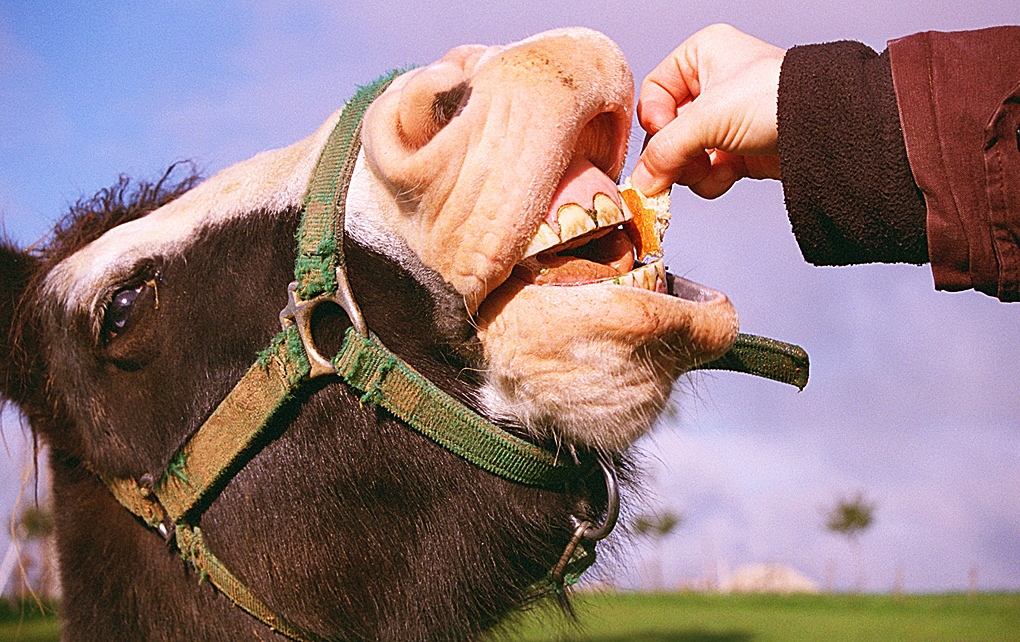
Losing weight can also be caused by dental problems and when the horse advances in age they might not be able to eat long-stem hay anymore due to their reduced grinding capacity.
If you notice hard asymmetric swellings that cause obvious pain when you touch them then these are signs of infection and they can also be the reason for a different mouth odor. This can also come from the nose of the horse as some of the upper cheek teeth communicate with the sinuses and this is usually the case if the discharge comes from only one side of the nose.

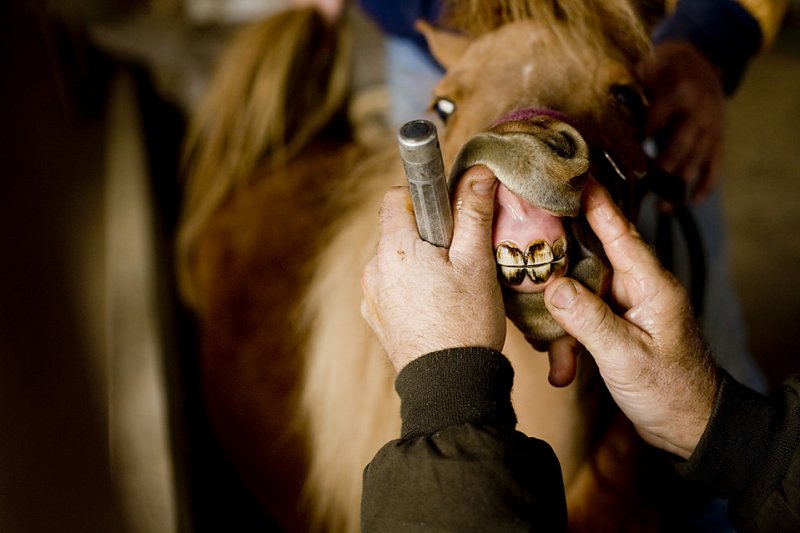
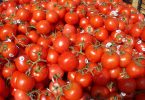
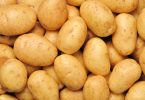
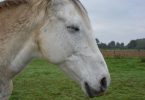
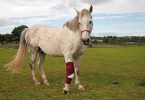
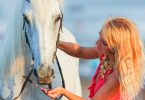
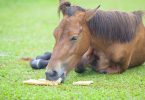
Leave a Comment